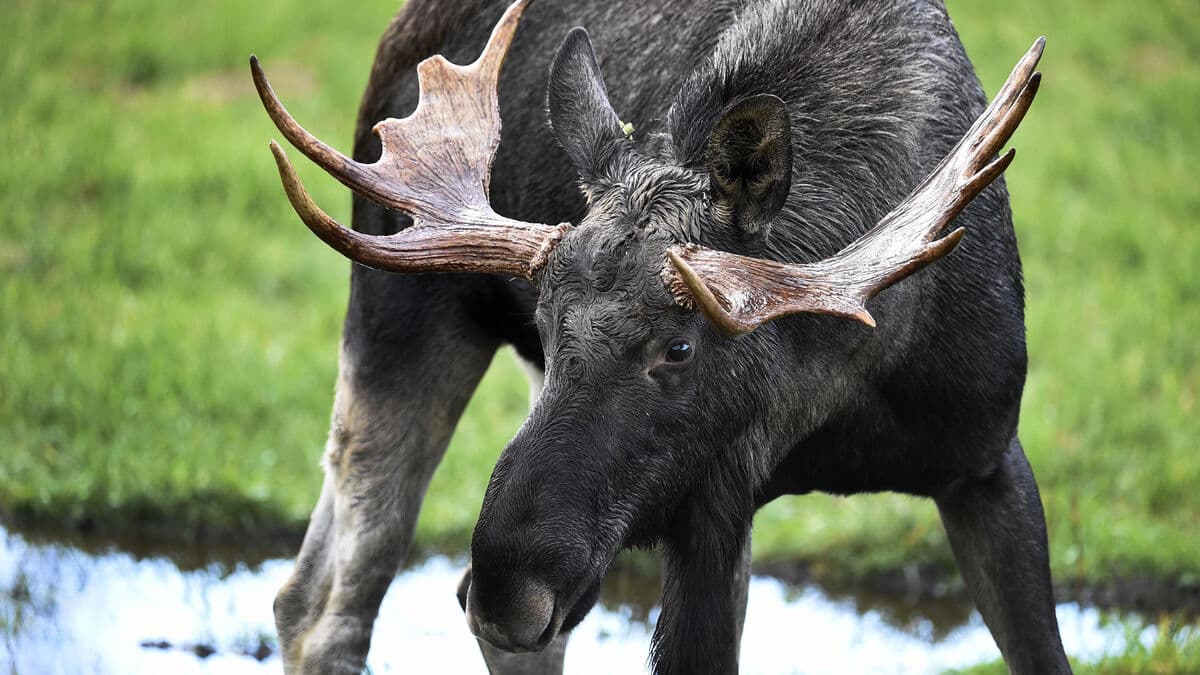Two Russian tankers have gotten into distress in a storm off the annexed Crimean Peninsula and are reported to have been damaged. At least one of the vessels appears to have capsized, and according to reports to Russian media, there are thousands of tons of oil on board the vessels.
If it leaks out there, it's a difficult situation, especially considering it's a war, and I don't know how you prioritize such oil spills in a war situation, says Maria Granberg, an expert on oil spills at the IVL Swedish Environmental Research Institute.
Special Water Areas
The accident has occurred in the Kerch Strait, which lies between the Crimean Peninsula and Russia, and separates the northern Black Sea from the Sea of Azov. According to Maria Granberg, there are many protected natural areas in the region. It's about special water areas that aren't particularly deep. The vessels are also reported to be less than a nautical mile from the coast.
In the storm, there is a risk of waves and high seas, which can affect the spread of the oil. If it's thicker oil, the waves can mix water into the oil, causing it to expand in scope.
It becomes like a mousse. Often, people say it's very important to act quickly, otherwise, it becomes an uncontrollable situation.
The Marco Polo Accident in Recent Memory
Maria Granberg adds that it's difficult to assess the situation due to the lack of information. She's hoping that not all the oil has leaked out and compares it to the Marco Polo accident off the coast of Blekinge a year ago. Now it's about thousands of tons of oil – then it was about 55 tons, and the cleanup is still ongoing with clumps of oil surfacing.
You know how it suffocates bottom-dwelling organisms and can affect fish in coastal areas. If you compare it to Marco Polo, they made enormous cleanup efforts, and it had a very positive effect, so they didn't get such large consequences.
Granberg sees long-term problems if the oil isn't cleaned up. Partly, the vessel traffic in the area can help spread the oil further, and partly, the Black Sea is an inland sea, so the oil has nowhere to go except to land.
If you don't have the opportunity to do it, the environment will take the hit. Such shallow areas are often places where birds come, and some migratory birds gather, so you can see that it can have consequences over time.






